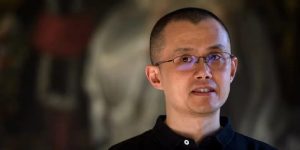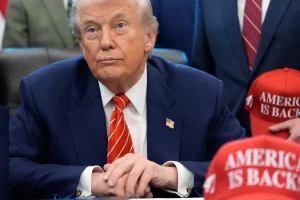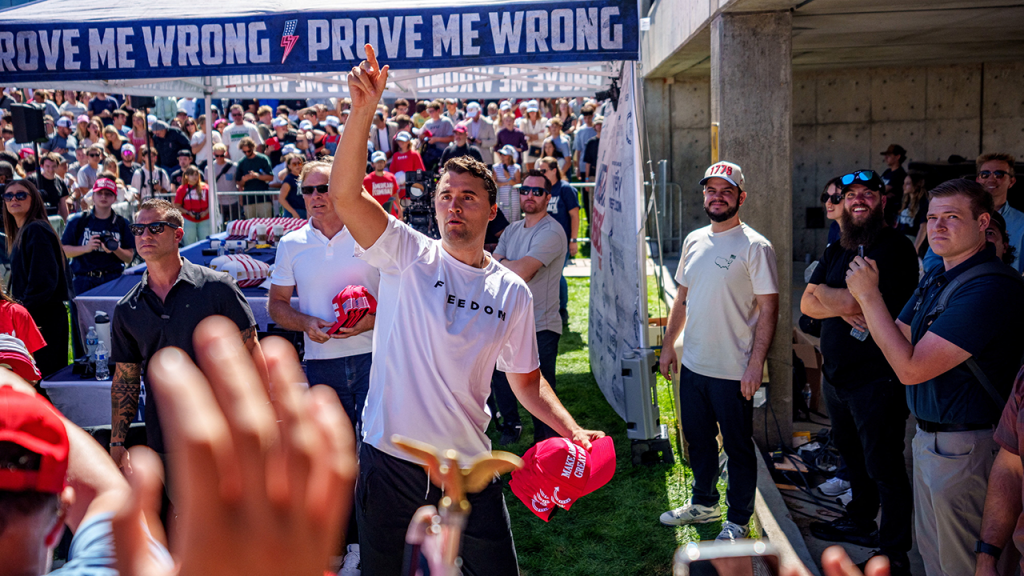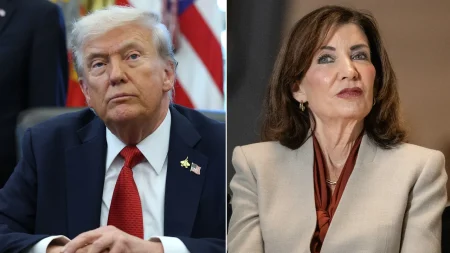A Community in Shock: Charlie Kirk Shooting Brings Together Political Voices in Prayer and Condemnation
The shooting of conservative activist Charlie Kirk at Utah Valley University has sparked a rare moment of political unity as figures from across the political spectrum condemned the violence and called for prayers. The 31-year-old Turning Point USA co-founder and father of two became the center of national attention following the attack, with elected officials rushing to express support regardless of partisan affiliation.
Utah’s political leadership responded swiftly to the crisis unfolding in their state. Governor Spencer Cox issued a straightforward plea to the public: “We need your prayers for Charlie.” His sentiment was echoed by Senator Mike Lee who simply stated, “This is a good time to pray.” Senator John Curtis expressed gratitude “for the swift response of law enforcement and first responders working to secure the campus,” while emphasizing that his office was gathering information about the attack. Representative Blake Moore similarly noted that his team was “tracking the tragic shooting” and “seeking more information,” while offering prayers for Kirk, his family, students, and others affected. The unified response from Utah’s leadership reflected the gravity of the situation and the shock felt throughout the state.
The condemnation of political violence was particularly strong from Utah representatives with connections to the area. Representative Burgess Owens, a former New York Jets player, was unequivocal: “We will not tolerate this in Utah.” Representative Mike Kennedy, who represents Orem where the university is located, described himself as “devastated” by the news and condemned what he called a “senseless act of violence.” Representative Celeste Maloy perhaps captured the sentiment of many Utah residents when she stated that the shooting “does not reflect who we are in Utah,” suggesting the attack violated the state’s self-perception as a peaceful community.
What’s particularly notable is how the shooting transcended typical partisan divisions, with upcoming electoral competitors finding common ground in their responses. In Virginia, where a gubernatorial election looms just over a month away, Lieutenant Governor Winsome Earle-Sears, a Republican candidate, asked people to keep Kirk in their prayers, describing him as “a husband, a young father, and someone who cares deeply about our country.” Her Democratic opponent, former Representative Abigail Spanberger, joined in this sentiment, stating that she and her husband were praying for Kirk’s family while emphasizing that “political violence of any kind is unacceptable.” The shared response demonstrated how some events can momentarily suspend the intense partisanship that typically characterizes American politics.
A similar dynamic played out in New Jersey’s gubernatorial race. Republican candidate Jack Ciattarelli called for “zero tolerance for political violence and harsh punishment for the perpetrators of it,” while asking people to “pray for Charlie Kirk and his young family.” His Democratic opponent, Congresswoman Mikie Sherrill, described the shooting as “appalling” and stated she was “praying for him and his family.” She went further to characterize political violence as “dangerous, un-American, and has no place in our democracy,” while calling for the perpetrator to be “brought to justice.” These parallel responses from electoral rivals illustrate how certain fundamental values—such as rejecting violence as a political tool—can still unite Americans across party lines.
The shooting of Charlie Kirk represents more than just an attack on a controversial political figure—it has become a moment of national reflection on the dangers of political extremism and violence. As investigations continue and more details emerge, the responses from political leaders remind us that despite deep divisions on policy issues, there remains a consensus that violence targeting political figures threatens the foundations of democratic discourse. The widespread calls for prayer and healing from figures with vastly different political philosophies suggest that in moments of crisis, Americans can still find common humanity and shared values that transcend partisan identity, even as the nation grapples with increasing polarization in virtually every other aspect of public life.














